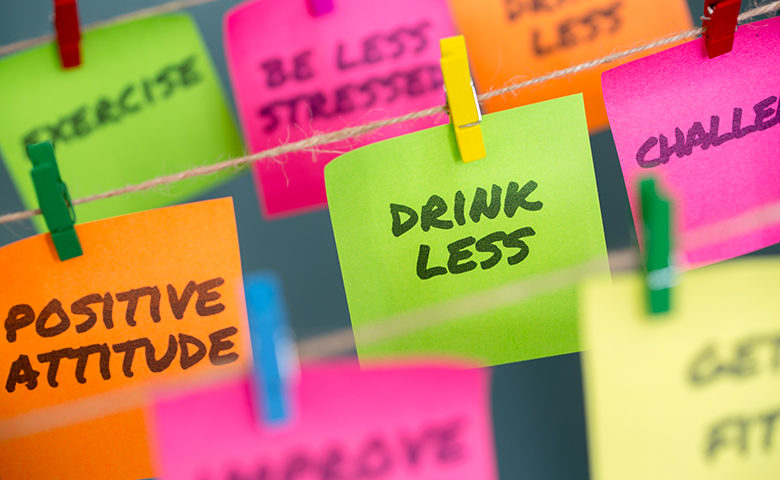Habits can have an enormous impact in the workplace—and we’re not just talking about nail-biting, junk food and cigarettes. Habits affect all aspects of a person’s behavior and they can influence how that person responds to the rules and regulations of a company, how they interact with their fellow employees and ultimately determine their performance level on the job.
For most people, their habits are so ingrained it’s like they’re operating on autopilot when the habit kicks in. This is true for both good and bad habits; good habits can make us more efficient, and bad ones can get in the way of reaching goals.
Overcoming bad habits can be challenging, but being consciously aware of the change that needs to happen is the first step to establishing more effective habits.
When creating new habits there are a few do’s and don’ts you should follow to make those habits stick. These same rules apply to replace a bad habit with a good one.
First, you need to understand how habits work. Charles Duhigg, the author of The Power of Habit, presented a simple neurological loop at the core of every habit consisting of three components: cue, routine and reward. In order to more fully understand your habits, you need to break down your own habit loop.
Start by asking yourself two questions: When does your bad habit happen? What is the cue (trigger) that sets it in motion?
It’s important to identify the cue as the beginning of the routine. The reward that comes at the end is what prompts the routine to continue. Here are a few tips when trying to override a bad habit.
- Change your cue. Without first identifying the trigger, it’s hard to make an adjustment when trying to change your habits. If you can control the cue it’s easier to maintain your commitment to change the habit. But you need to be aware of what triggers your habit. Once you’re able to consciously attribute the cue to the routine, you need to adjust that pattern to achieve a change in behavior. For example, if going to the cafeteria on break ultimately leads to you buying junk food, then you need to find a new location to have your break. The cafeteria is the cue that leads to the routine of buying the sweet reward of junk food. Because you want to change that pattern, a good start is to change the cue.
- Make a substitution. Cutting out the cues isn’t always going to be an option when it comes to an emotional trigger like stress. If you try eliminating a bad habit based on willpower alone or by quitting cold turkey, you could be setting yourself up for failure. Once the cue is identified, substitute a good habit for your bad habit so that the trigger will inspire a new routine of actions with a similar reward. For example, often people go for smoke breaks at work to handle stress. Cue: Stress. Routine: Go outside for a smoke. Reward: Relief from stress. In order to change the bad habit to a good habit, when the stress trigger sets in, keep the habit of going outside the same but don’t go where the smokers are. Instead, take a walk. You’re still getting the break and taking time to calm down from the stress but you’re getting exercise instead of smoking. Often in this situation, the smoker finds it wasn’t really the cigarette that brought them relief after all but the break of being outside.
- Be realistic. When making habits, one rule of advice is that you have to be prepared to fail. This is not to say that you should give up before you start, rather it indicates that it’s going to be hard so you should anticipate setbacks and not allow them to derail you completely. There are a lot of things that people tell themselves when it comes to habits. These excuses include thinking you need to start all over when you’ve had a slip up. Rather than give up when you slip up, just be sure to get back on track and move forward in a positive and healthy way. Another thing to keep in mind is that you should start small. Rome wasn’t built in a day and your habits aren’t going to become automatic immediately either.
Don’t forget, you don’t have to do it alone. Letting people know about your intentions of changing your bad habits will also invite those people to keep you accountable. And who knows, you may inspire them to make a positive change themselves.

